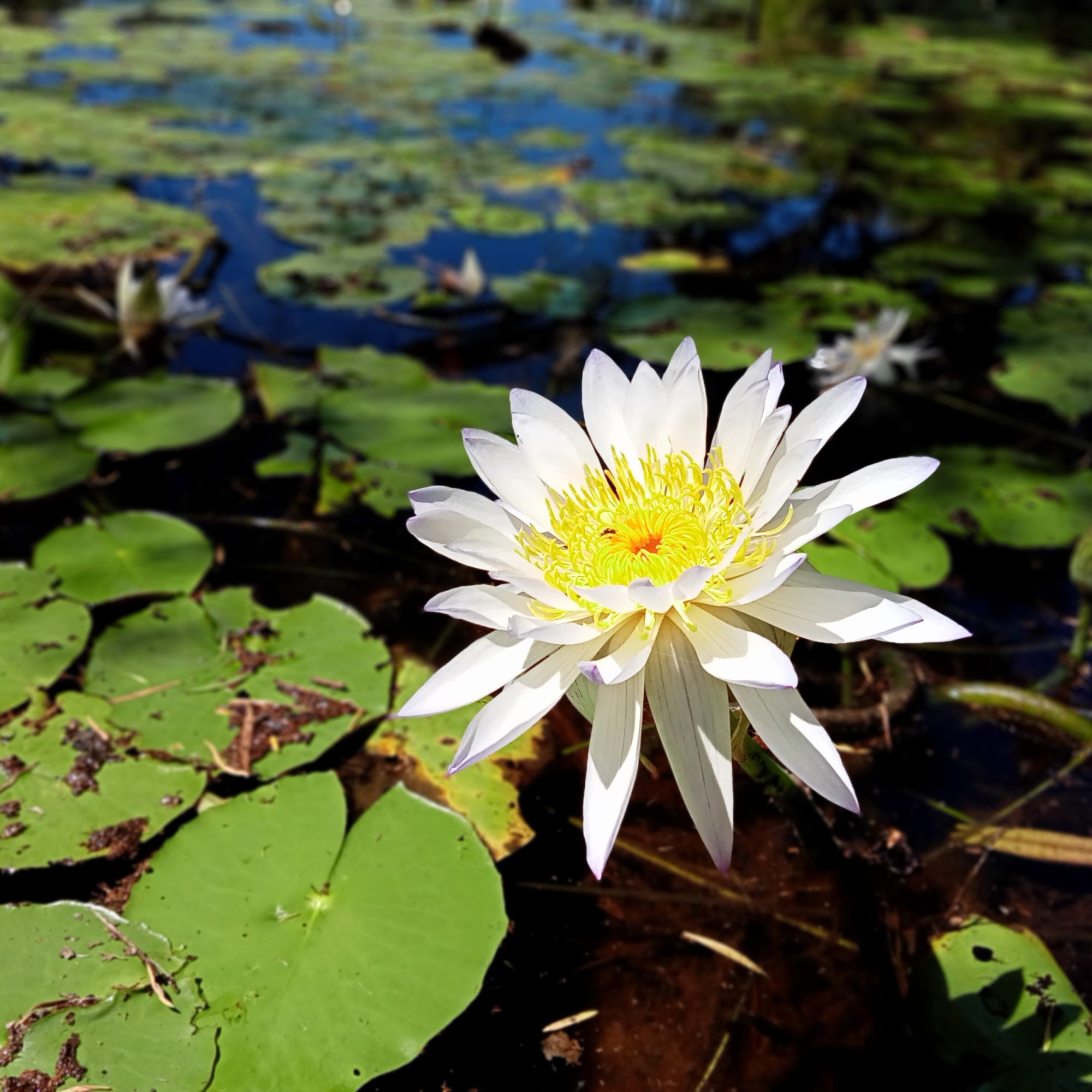Blog
White people: let’s talk about racism in Australia

This article is about the type of racism I have witnessed the most: racism directed by White Australians at First Nations people. *
The in-your-face racism in the northern half of Australia, and the old-school racism in the south. The racist jokes told by White people when only White people are present, and the racist insults White people give First Nations people to their face. The institutional racism all over. (See: What is racism?)
History of racism towards First Nations people in Australia
Growing up in the seventies, I first heard racist jokes about First Nations people as a teenager. I didn’t understand them or their connection to Australia’s history. It was only when I went travelling in the eighties that I questioned the biased version of Australian history I’d been taught at school. I did my own research, and started reading books by First Nations people, and learning about Australian history, and racism.
During the 1800s and until the 1970s, White governments, Settlers and Police systematically attempted to firstly, eradicate Australia of First Nations people, then to “assimilate” (disappear) First Nations people. See Genocide in Australia, Massacre Map, Slavery in Australia, Stolen generations.
The governments and media in Australia have subjected the population to 230-odd years of negative propaganda about First Nations people. Since the 1800s this has resulted in an “Australian culture” of believing negative stereotypes of First Nations people, particularly First Nations women.
These days, White people propagating negative stereotypes about First Nations people (usually veiled as jokes) is still a “thing” in White Australian culture. Certain White people do this in places where they are safe from “political correctness” such as among their White families and friends, in White sporting or social clubs, or in White workplaces or schools.
Jst because you’re White, that doesn’t mean you’re privileged – right?
If, like me, you are are a White person living in Australia, you have what is called white privilege. This is regardless of how rich or poor you are, or where you live. The mere fact that you are not First Nations means that you are not subjected to racism against First Nations people by individuals, or institutional racism against First Nations people by the government.
How to reduce or minimise racism against First Nations people?
- Read books about Australian history by First Nations authors – e.g. books published by Magabala Books, or Black Inc.
- White people are welcome at reconciliation and NAIDOC events, First Nations art exhibitions, First Nations theatre and music events. Participate!
- If you are holding a small event (public or private), always acknowledge the traditional elders (using the appropriate language in your area) at the start of the event. If you are attending an event, check that the organisers plan to have an acknowledgement of or welcome to Country by local elders.
- If you are publishing or self-publishing a book, acknowledge the traditional elders (using the appropriate language advised by the Land Council in your area) in the front matter (e.g. on the first or second page).
- Share information on your networks to educate people about positive events and achievements by First Nations people.
- Wear your anti-racism beliefs: see Deadly Wears, or Clothing the Gaps.
- Practise zero tolerance to racism – in the shop, bus, train, street or online. Staying silent is the same as agreeing with them. But stay safe. Sometimes it is dangerous to speak out against racism. For example, if the person being racist is drunk, volatile or male, and you are physically vulnerable, you may need to show your support to the person in non-verbal ways.
More information
Thank you to Sowing Sistas others for sharing links during the anti-racism workshop, which I have added to the below list of resources.
- Watch this miniseries – all episodes: First Australians (SBS)
- Michael Dodson: Overcoming discrimination against Indigenous people
- Lowitja Institute: Partnership for Justice in Health: Scoping Paper on Race, Racism and the Australian Health System
- By Jenny Tannoch-Bland: Identifying White Race Privilege
- By Shannon Woodcock: Why didn’t they teach us our history in school?
- Uluru Statement from the Heart (interactive)
- Read: Living on stolen land. And Dark Emu. And Another day in the colony.
- Read Skin Deep (about racist propaganda targeting First Nations women)
- Video (Anita Heiss), UQ: ChangeMakers – Black Lives Matter: Australian context
- Read this, by a POC author: White Tears/Brown Scars: how white feminism betrays women of colour
- Documentaries and podcasts about racial inequality in Australia.
* Of course, racism against other groups also exists in Australia.
Image:
Back To Blog

